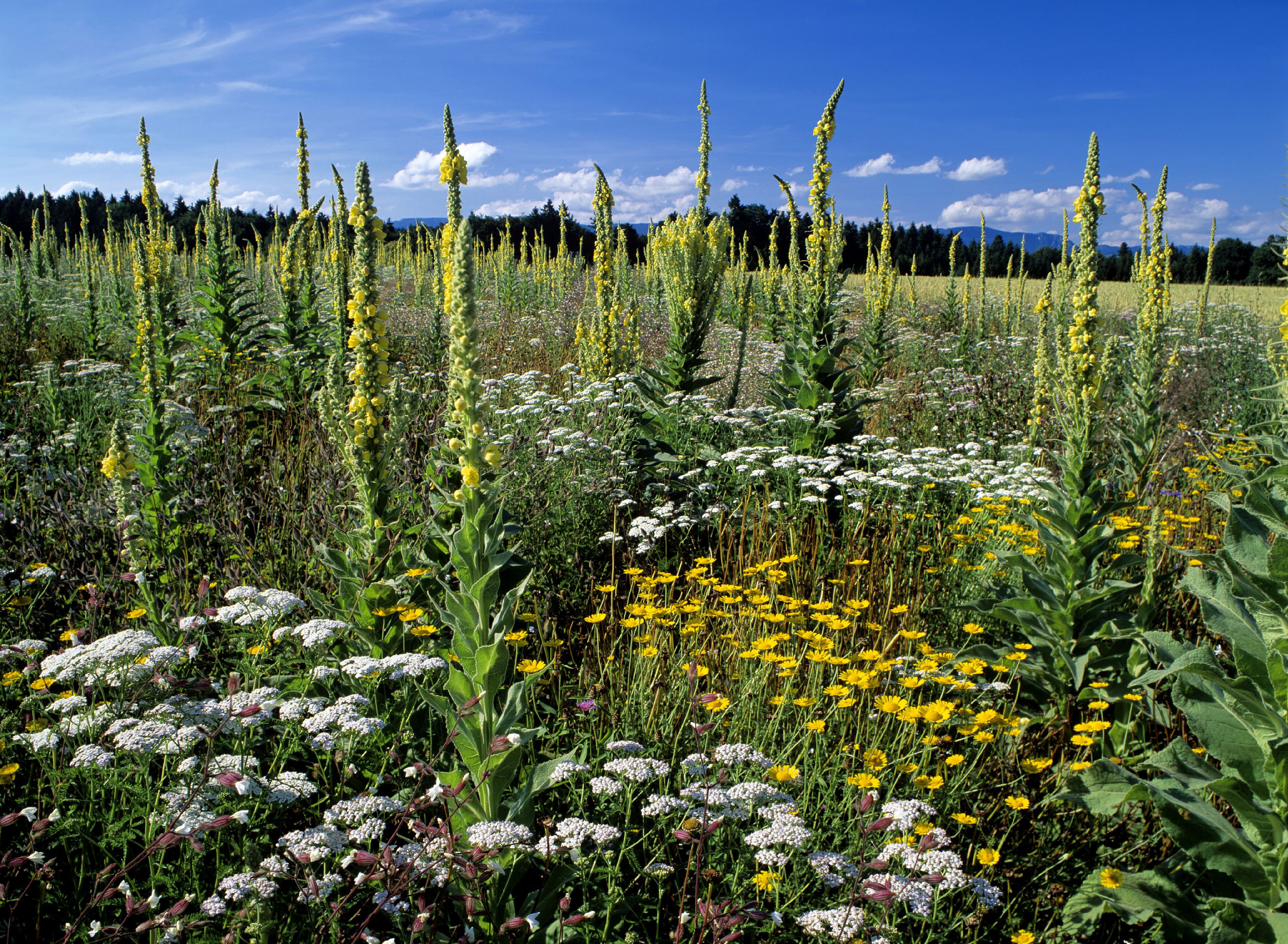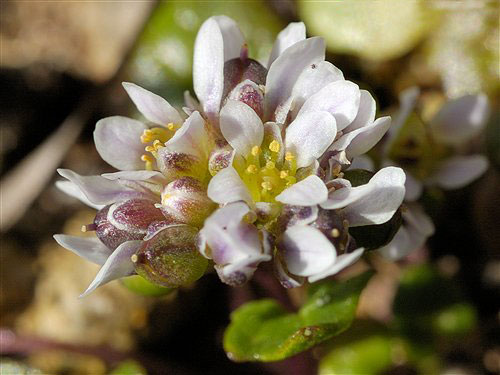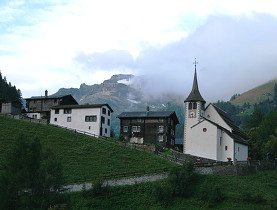Giving up on pesticides “would affect yields”

Although pesticides are destroying biodiversity in European fields, farmers continue to use them. In Switzerland the government aims to limit their use.
In a recent biodiversity study carried out in nine regions across Europe, agricultural scientists from Göttingen University analysed the effects of 50 years of increasingly intensive farming on plants, beetles and birds.
The result was that doubling a field’s cereal production would halve the number of plant species – and the species of birds and beetles would drop by a third.
The main reason is the increasing use of pesticides such as insecticides and fungicides. The report concluded that organic farming can’t do much to halt the loss of species so long as the majority of farmers continue using pesticides.
Organic farming is kind on plants and beetles, but birds, butterflies, bees and other mammals are all dependent on wide living spaces.
“If you want biodiversity, you need to forgo the use of pesticides to the greatest possible extent,” Teja Tscharntke, leader of the study, told swissinfo.ch.
Tscharntke, professor of agroecology at Göttingen University in Germany, added that the study results could certainly be applied to Switzerland.
Value of pesticides
“It is our goal that the use of pesticides is kept to a minimum in Switzerland,” said Samuel Vogel, head of ecology at the Federal Agriculture Office.
“Swiss agricultural policy contains various clauses that should guarantee this. On the one hand pesticides are thoroughly tested, and on the other, every farmer has to produce an ecological performance certificate to get financial assistance.”
Farmers can then only use pesticides if the amount of weeds exceeds the damage threshold, in other words, results in crop losses.
He added that a total renunciation of pesticides would result in yields dropping dramatically.
“In the 18th century, part of the emigration from Ireland was down to potato blight. There was nothing anyone could do about that fungal disease, which can destroy a farmer’s yield completely,” he said.
Weeds can also lead to a drop in yield of up to 50 per cent. Not using pesticides on cereals for example brings in ten per cent less yield, according to Vogel.
Work to be done
But biodiversity also has a high status in Switzerland, which has for example signed the biodiversity convention, anchored ecological compensation areas in law and supported organic farming.
“There is a range of measures supporting biodiversity not only in agriculture but also in forests and nature reserves. The aim is to achieve a general overview,” Vogel said.
According to Swiss law, at least seven per cent of every farmer’s land must be an ecological compensation area.
“That is unique to Switzerland – nowhere else in Europe has that,” he said, pointing out that these areas, for example hedgerows or fallow land, are good for beneficial organisms as well as plants.
The size of these increased steadily until 2002, since when it has stagnated at around 120,000 hectares. The majority of this is meadow (70 per cent) and fruit orchards (20 per cent).
But despite these efforts the biodiversity balance on the Swiss lowlands is relatively poor – although Vogel says Switzerland is not alone with this problem.
“The high population density definitely has a big influence. A large part of the countryside is already overbuilt and will continue to be so. Here there is a great need for action,” he said.
Eveline Kobler, swissinfo.ch (Adapted from German by Thomas Stephens)
The United Nations has declared 2010 as the International Year of Biodiversity.
A calendar of events for Switzerland will be announced on January 12 by Environment Minister Moritz Leuenberger in a ceremony at the railway station in the Swiss capital, Bern.
Partner organisations include the Swiss Biodiversity Forum, ProNatura, WWF, Bird Life and Swiss zoos.
The Federal Environment Office describes biodiversity as the life that surrounds humans in all its forms, i.e. ecosystems, species and genetic diversity within a species. A third of humans food is drawn from plants pollinated by wild animals. Natural ecosystems contribute to the good quality of drinking water.
The effects of climate change on biodiversity are already visible – certain alpine species are moving up to higher altitudes by an average distance of 13 metres.
A national biodiversity monitoring programme, which was launched in 2001, shows that Mediterranean species such as different types of butterflies, have been arriving in alpine areas.
A national strategy for protecting biodiversity is being developed by the government with a consultative body of NGOs and interested organisations.
The government set out two main aims for the strategy: to maintain sustainable biodiversity and for biodiversity to be sufficiently rich to adapt to changes.
It also set out four pillars of action: to provide enough protected space, to use resources in the country sustainably, to better understand the economic value of the biodiversity and for Switzerland to better assume its international responsibilities for biodiversity.
The strategy is due before parliament in 2011.

In compliance with the JTI standards
More: SWI swissinfo.ch certified by the Journalism Trust Initiative





You can find an overview of ongoing debates with our journalists here. Please join us!
If you want to start a conversation about a topic raised in this article or want to report factual errors, email us at english@swissinfo.ch.